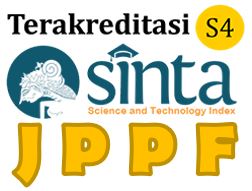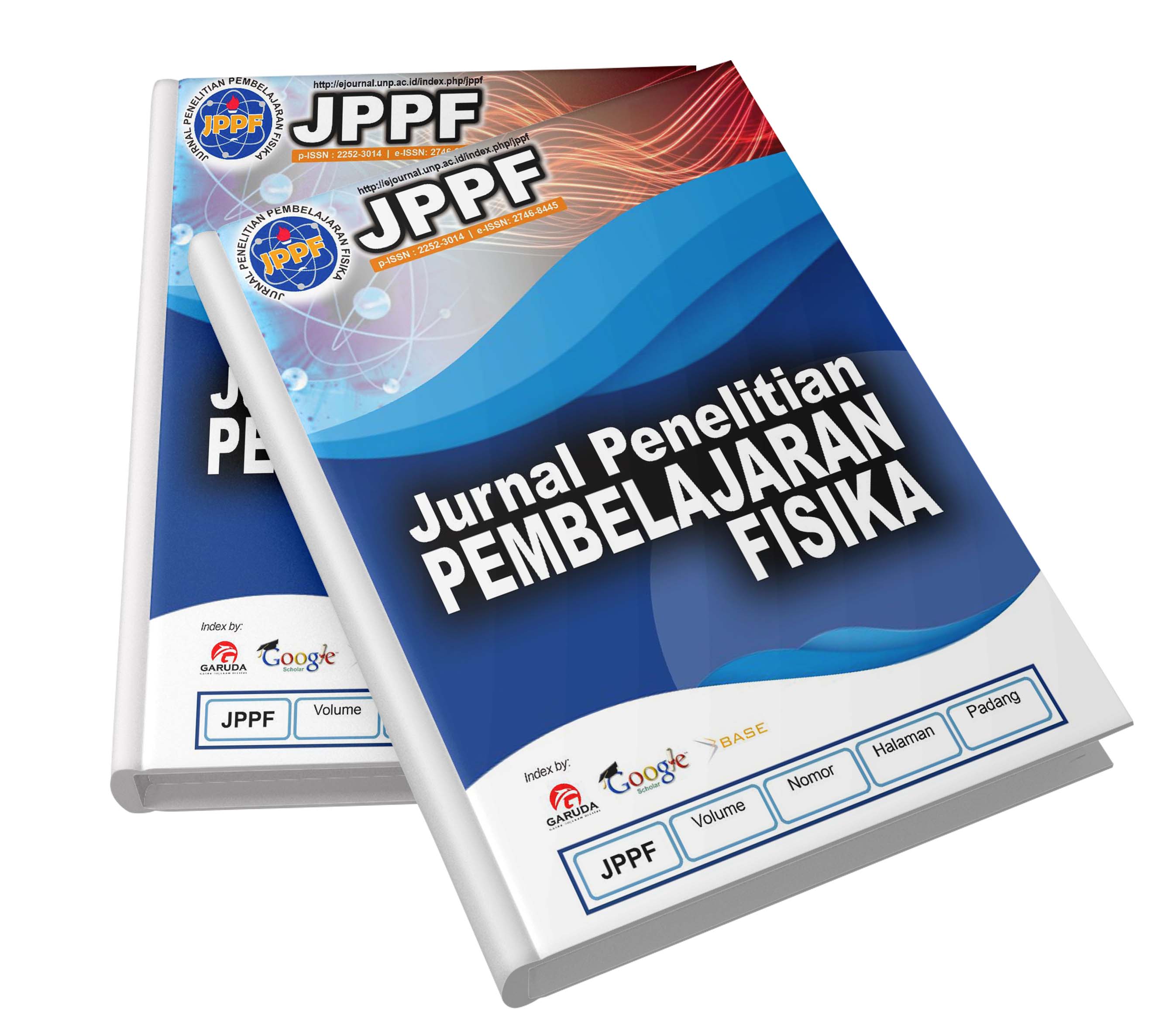Abstract
21st century challenges require students to have 21st century skills. To prepare students to have 21st century skills, the learning that must be done by teachers must also be oriented to 21st century learning. One approach in science learning that supports 21st century learning is the STEM approach. Scientific literacy is a person's ability to understand science, communicate science (oral or written) and apply scientific knowledge to solve problems so that they have a high attitude and sensitivity to themselves and their environment in making decisions based on scientific considerations. With the hope, if the scientific literacy skills of students increase, the learning outcomes of students will also increase. Therefore, researchers are interested in conducting meta-analysis research in the form of effect size analysis of the influence of STEM-based science learning on scientific literacy and student learning outcomes. From this study, which uses the meta-analysis method through effect size analysis from 20 journals, it can be concluded that STEM-based science learning has a significant effect on scientific literacy and student learning outcomes




